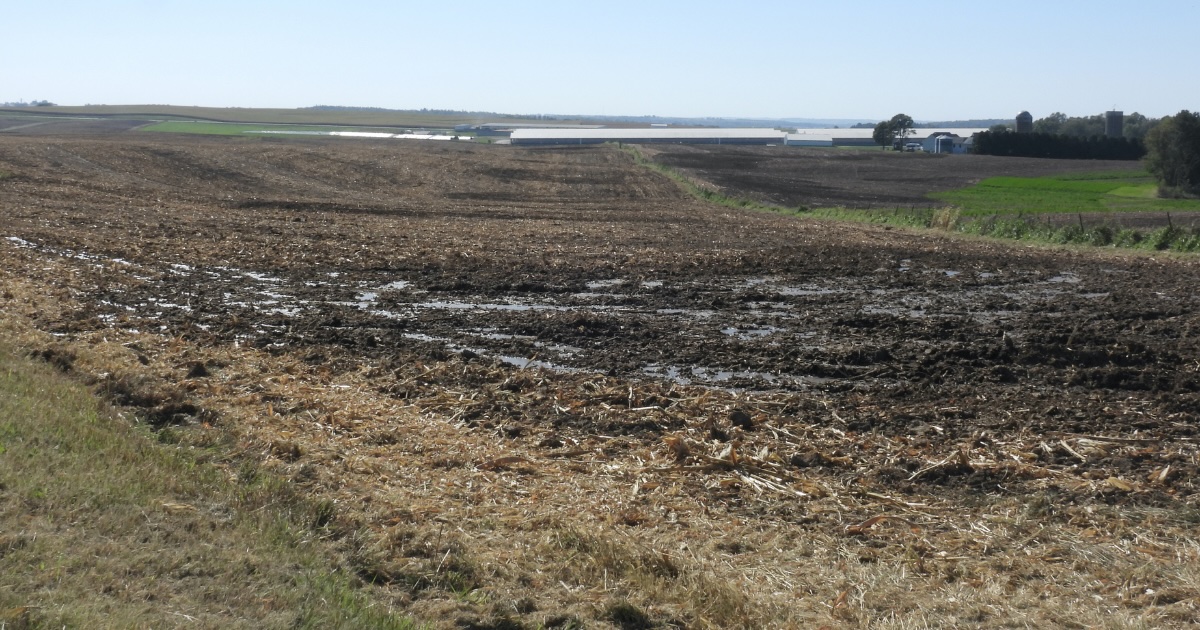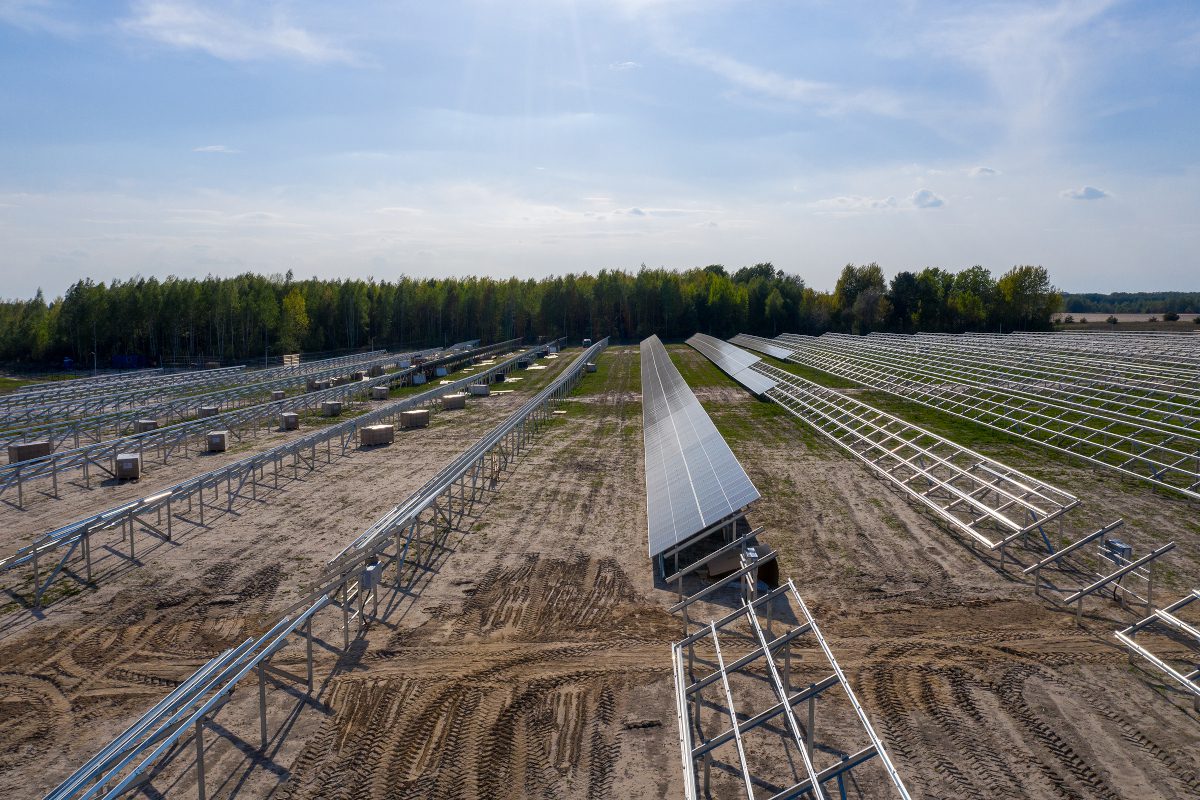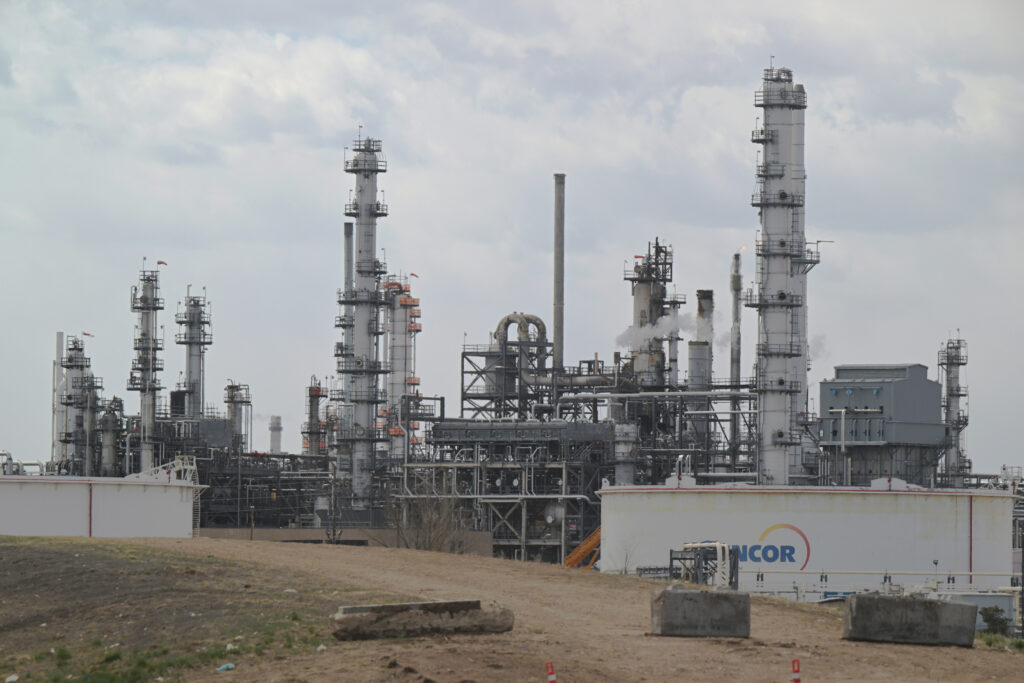Some flora and patches of land withstand high temperatures and dry spells better than others, but coping mechanisms are tied to the risk of bigger burns.
Research conducted by Stanford University, first published in Nature Ecology and Evolution yesterday, 7th February, has revealed vast swathes of forest and shrublands in the Western United States are more susceptible to blazes than previously thought. The secret appears to lie in how local ecosystems use water.
Those involved in the study aimed to test the common hypothesis that climate change is making wildfires more common in the focus region. They have now concluded locations with high levels of vapour pressure deficit – where water is sucked out of plants and soil and into the air – are far more likely to suffer from wildfire blazes because the flora dries out faster.
Experts have labelled these places ‘double-hazard zones’, because they are home to plant life that can quickly become tinder dry, while the atmosphere itself is also prone to rapidly drying out. 18 zones have now been identified, which range in size from a few hundred to 50,000 square miles.
These are concentrated on eastern Oregon, Nevada’s Great Basin, the Mogollon Rim in central Arizona, and the southern Sierra Nevada, California. All regions that have seen a faster-than-normal rise in burn areas over the past 20 years.
‘California and other western states are working hard to figure out how to adapt to the changing wildfire risk landscape, including long-term decisions around issues such as land use, vegetation management, disaster planning and insurance,’ said study co-author Noah Diffenbaugh, the Kara J Foundation Professor and Kimmelman Family Senior Fellow at Stanford and a senior fellow at Stanford Woods Institute for the Environment.
In related news, rising temperatures have been identified as ‘suffocating‘ the world’s fisheries, raising alarms over the collapse of stock, economies and industries. Meanwhile, even if temperatures are kept at 1.5C above pre-industrial levels, the impact on coral reefs is likely to be ‘catastrophic‘.
Image credit: Michael Held
















